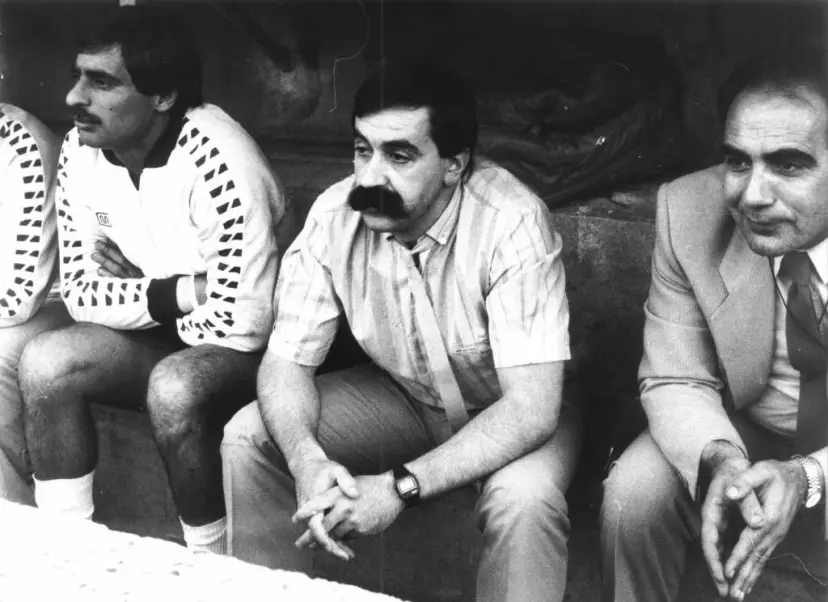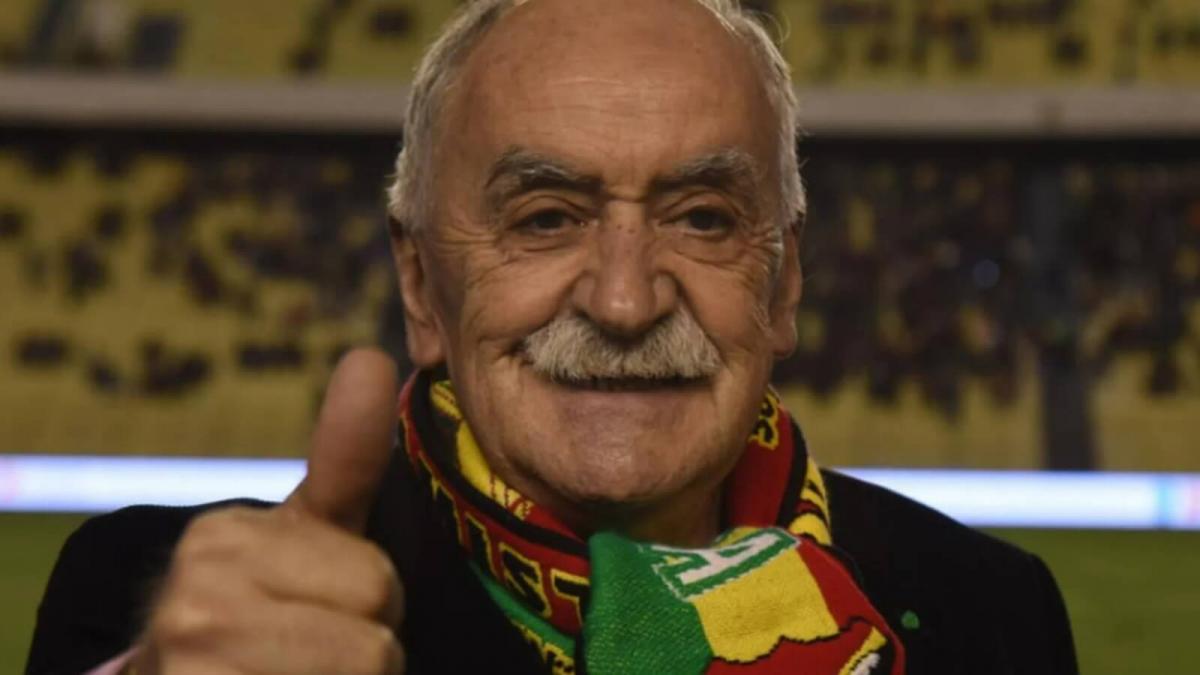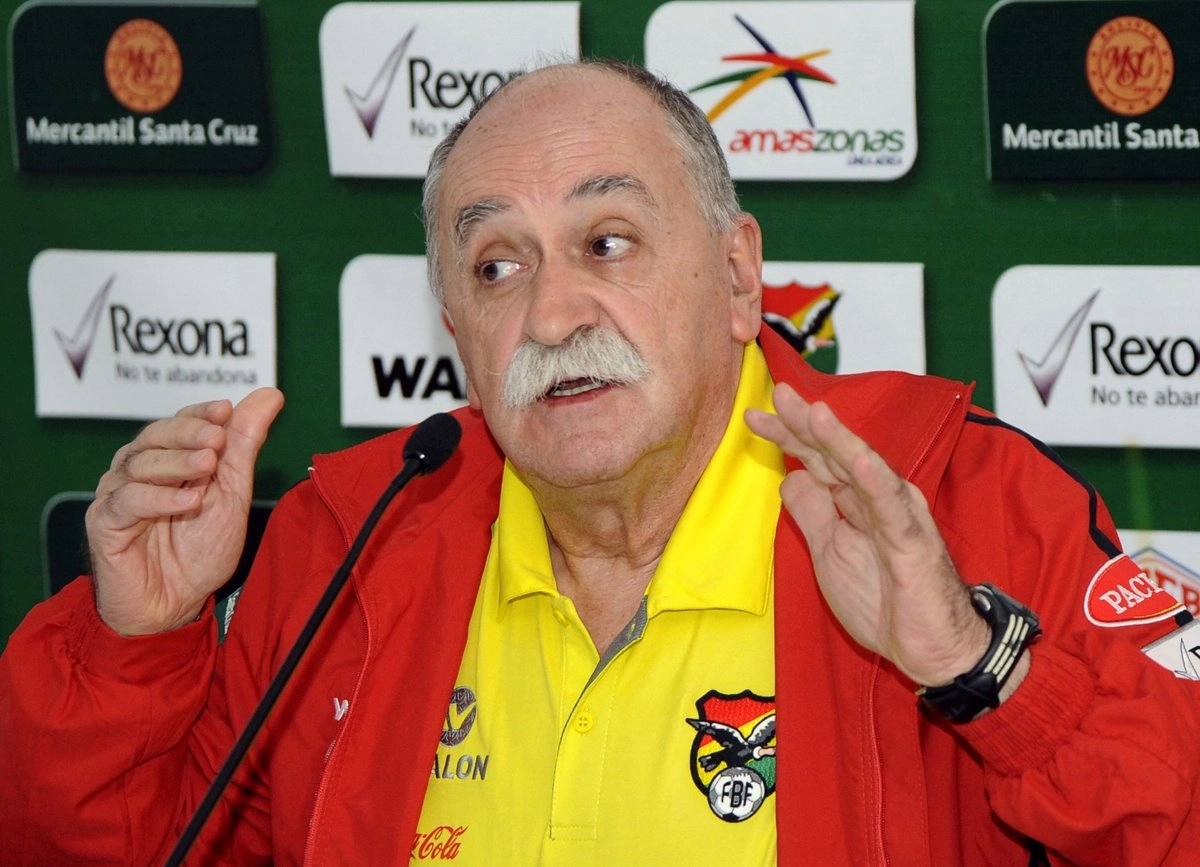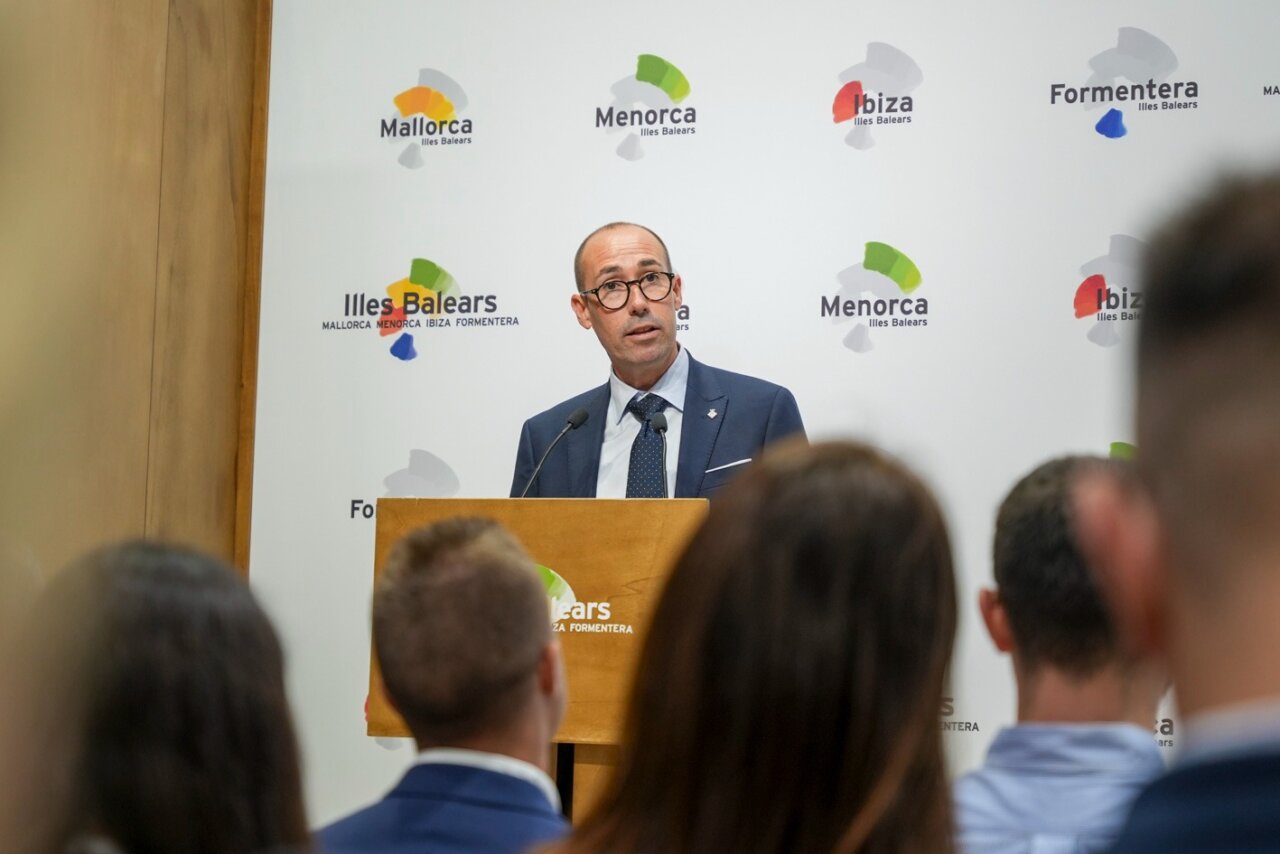International soccer bids farewell to one of its most influential figures: Xabier Azkargorta, Basque coach recognized for marking a before and after in the Bolivian national team, has died at the age of 72 in Santa Cruz de la Sierra, the city where he had lived for years with his family.
His death has generated a wave of messages in the sports world, especially in Bolivia, where his name is forever linked to the qualification for the 1994 World Cup in the United States.
What happened to Xabier Azkargorta?
The news has been confirmed by Oriente Petrolero, one of the Bolivian clubs where he worked as coach. In a statement, the entity deeply regretted the loss of the coach and thanked him for the impact he left in the country.
Azkargorta himself had revealed weeks earlier, in October, that he had been dealing with a heart condition for some time and was under permanent medical supervision.
A trajectory marked by resistance and renewal

Azkargorta took his first steps as a footballer in the youth ranks of Real Sociedad and Athletic Club. However, a serious knee injury cut short his career at the age of 24, forcing him to leave the field of play before he turned 25.
Far from distancing himself from soccer, this unexpected retirement led him to begin his career on the bench at an early age. At the age of 25, he began coaching Lagun Onak and, just a few years later, he was already one of the youngest coaches to make his debut in the First Division. At the age of 29, he took the reins at Espanyol and became the youngest coach in the Spanish elite at that time.
During his extensive career, he has played for clubs such as Aurrerá, Nàstic, Sevilla, Tenerife, Yokohama Marinos, Chivas and Valencia (as sporting director), as well as twice managing the Bolivian national team and the Chilean national team.
In total, he accumulated 229 matches in the First Division, leaving a balance of 74 wins, 68 draws and 87 defeats.
The most important legacy: Bolivia on its way to the U.S. 94

Although his career is full of milestones, none is as relevant as Bolivia’s qualification to the 1994 World Cup. Affectionately known as “El Vasco”, Azkargorta became a national symbol when the Bolivian national team qualified for the World Cup for the first time through the qualifiers.
Until then, Bolivia had only participated in the 1930 and 1950 World Cups without qualifying.
That team, which surprised the continent, ended up facing Spain in its first World Cup match, a game that ended in a 1-3 Spanish victory. Despite the defeat, the milestone was engraved in the history of Bolivian soccer.
In addition to that achievement, the coach conquered outstanding titles: he won two tournaments with Bolívar (Apertura 2014 and Clausura 2015), lifted the Canada Cup with Chile in 1995 and celebrated the J-League championship with Yokohama Marinos in 1998. He also worked as Real Madrid’s director of academies in Latin America.
A pioneer on the bench
Azkargorta was part of a generation of Spanish coaches who dared to work outside the country when it was unusual. His innovative vision, his leadership skills and his ideas about the relationship between life and play made him a benchmark.
In fact, he left several famous phrases, among them one that today is repeated by the entire soccer world: “You play as you live”, and his death leaves an important void in Latin American and Spanish sport.






